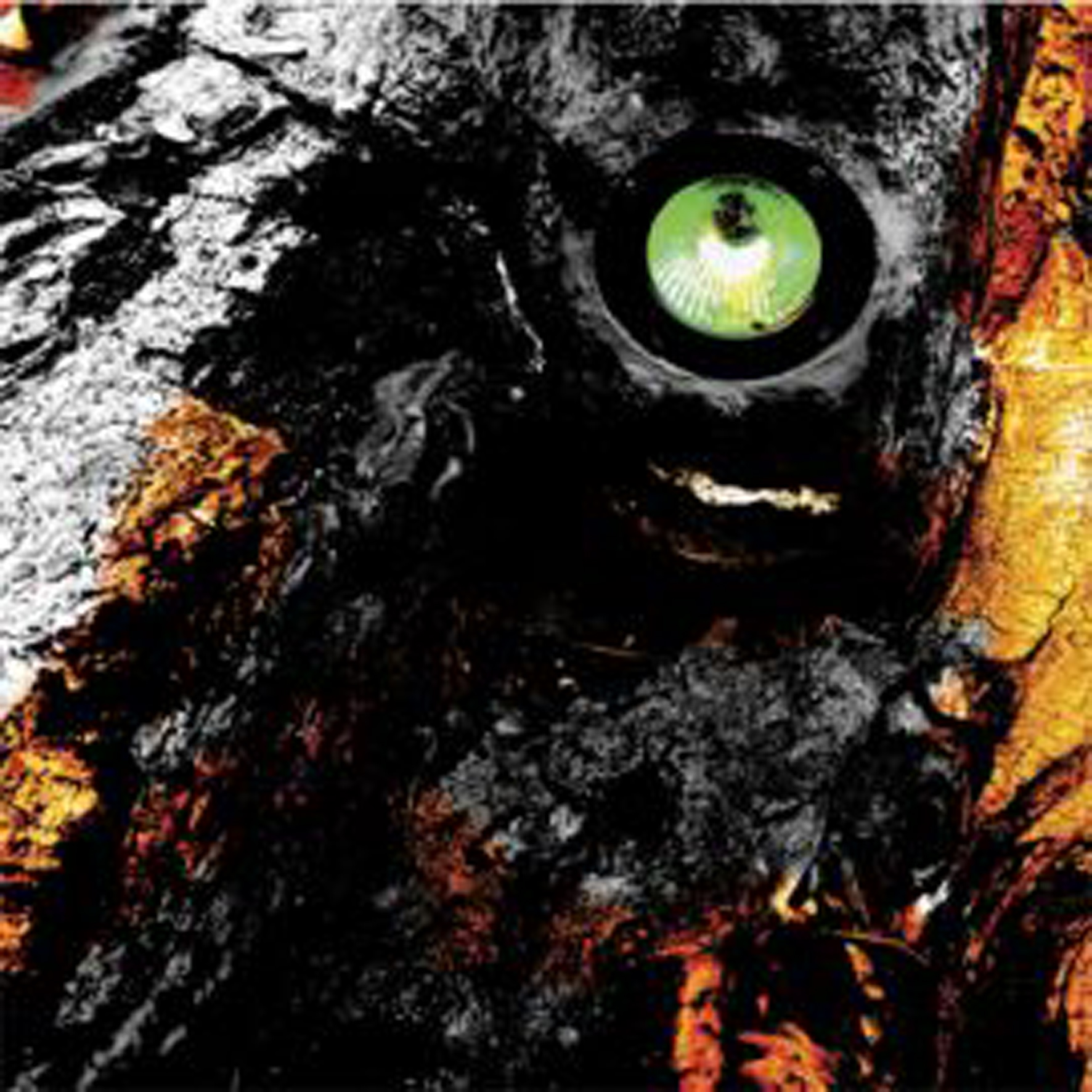Legendary Pink Dots, "Code Noir"
 While I have admittedly become a fairly serious Legendary Pink Dots fan again over the last few years, I am still far from obsessive and their voluminous 2013 output was just way too much for me to keep up with.  Consequently, I thought it was probably safe to let this limited, tour-only "sister album" to The Gethsemane Option slip by me.  I was wrong, of course (and I should know better by now).  While Code Noir is not nearly as ambitious or epic as Gethsemane, it happily avoids almost all of the indulgences and excesses that plagued its sister and is much better (and more listenable) for it.
While I have admittedly become a fairly serious Legendary Pink Dots fan again over the last few years, I am still far from obsessive and their voluminous 2013 output was just way too much for me to keep up with.  Consequently, I thought it was probably safe to let this limited, tour-only "sister album" to The Gethsemane Option slip by me.  I was wrong, of course (and I should know better by now).  While Code Noir is not nearly as ambitious or epic as Gethsemane, it happily avoids almost all of the indulgences and excesses that plagued its sister and is much better (and more listenable) for it.
Code Noir opens strongly with one of its best songs, "Six Easy Pieces," which takes a pleasantly rippling loop through a series of dynamically satisfying and seamless transformations.  Everything that is great about the Dots is present, as Edward Ka-Spel's prominent vocals maintain a restrained intensity and cryptic narrative while all variety of low-level surreality unspools around the edges.  More important than the content, however, is the feel of the piece–the band sound atypically comfortable, focused, and relaxed.  I never get the sense that Ka-Spel and company are trying too hard, passing off a meandering jam as a new song, or piling on layers and layers of weirdness for a forced psychedelic experience.  Instead, "Six Easy Pieces" is just a well-constructed, hooky song that patiently unfolds for exactly the right amount of time and never ruins the spell with any wrong moves.
The Dots repeat that delightful feat again with "Life is Hard and Then...," though Ka-Spel's vocals have a bit more edge and urgency to them this time around.  That can often be a deal-breaker for me, as the line separating "intense" and "shrill" can be a very thin one with LPD, yet Edward's passion feels well-earned in this particular song.  Also, it certainly helps that the brooding underlying music is quite good as well, making excellent use of alternately lush and twinkling synthesizers, ominous throbs, and ghostly swells.
The rest of the album is something of a mixed bag, but it is generally an enjoyable one.  "Cloud 6," for example, is a gently dreamlike piano ballad that I like much, much more than I expected to.  "Spare Change" and "Testing 1-2-3," on the other hand, are very much in the '90s industrial-influenced vein of Gethsemane, though they take very different directions from one another ("Spare Change" is kind of simmering and menacing, while "Testing" has a bit of an ambient techno bent.).  All three are quite likable, as is the brief closing soundscape "Two Steps Beyond," which sounds like a melancholy music box melody slowly fading away.  Unfortunately, that still leaves one remaining song ("Ascension 3") to mar an otherwise wonderful album.
I am sure that there is probably someone somewhere who will think "Ascension 3" is awesome, but it represents the convergence of almost all of LPD's worst tendencies for me.  In essence, it is basically a somewhat cheery Krautrock-influenced synth jam, but it is augmented with some backwards, quasi-ritualistic falsetto vocals; some clean guitar noodling; and–most egregiously–a chugging metal riff.  What that ultimately amounts to is a frequently toothless and meandering instrumental jam that sounds like it is probably going to erupt into an "Enter Sandman" cover at any moment.
That said, an LPD album that only contains one song that I actively dislike is a rare treat, especially considering that this is such a seemingly minor release in a year that saw the band release 8 "new" albums (not including their various solo projects).  Also, half the fun of being an LPD fan is the scavenger hunt aspect of sifting through all the dross to find the diamonds, which can appear literally anywhere.  Code Noir features at least two such gems, which is great, but it is even more significant for being so uniformly solid and absorbing: with "Ascension 3" removed, i could easily loop this album for hours without ever getting bored or annoyed.  I still insist that The Silverman's Finisterre is the best LPD-related release of the year, but this modest surprise is certainly a strong contender for my coveted #2 slot (though competition from The Curse of Marie Antoinette is still both ferocious and unresolved).
 



